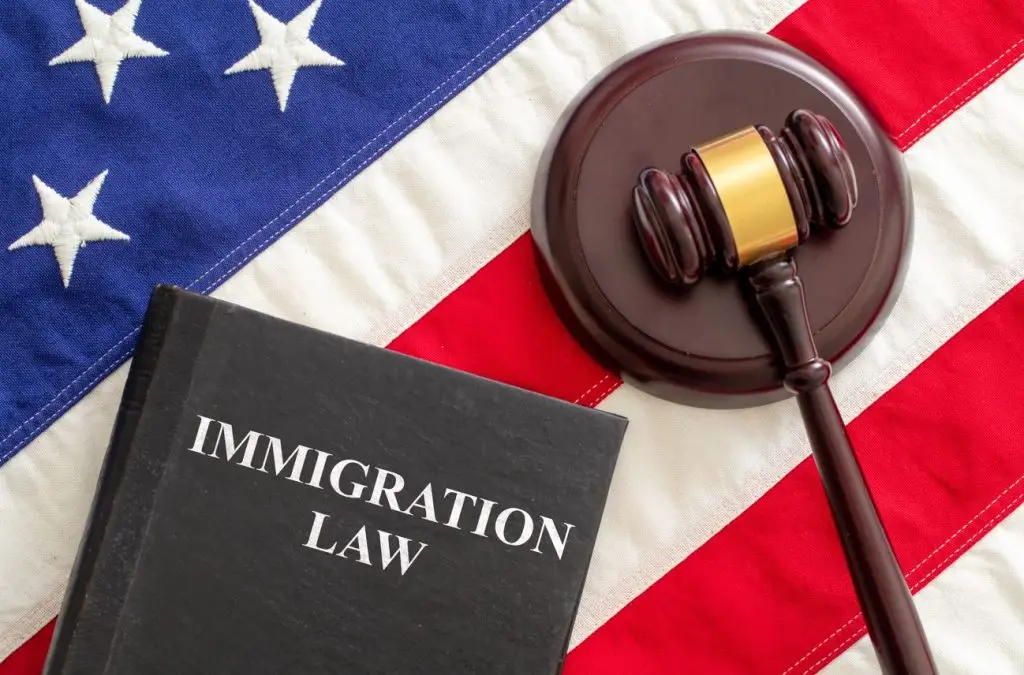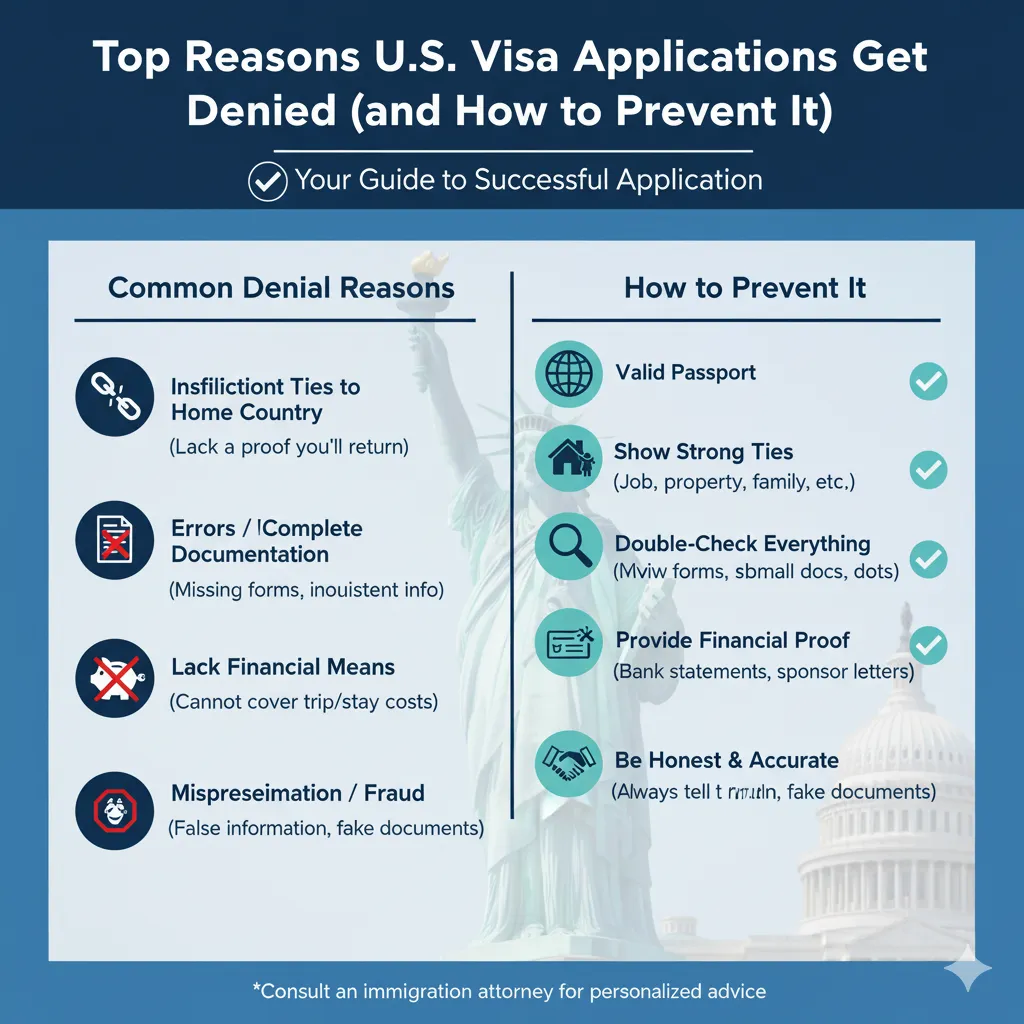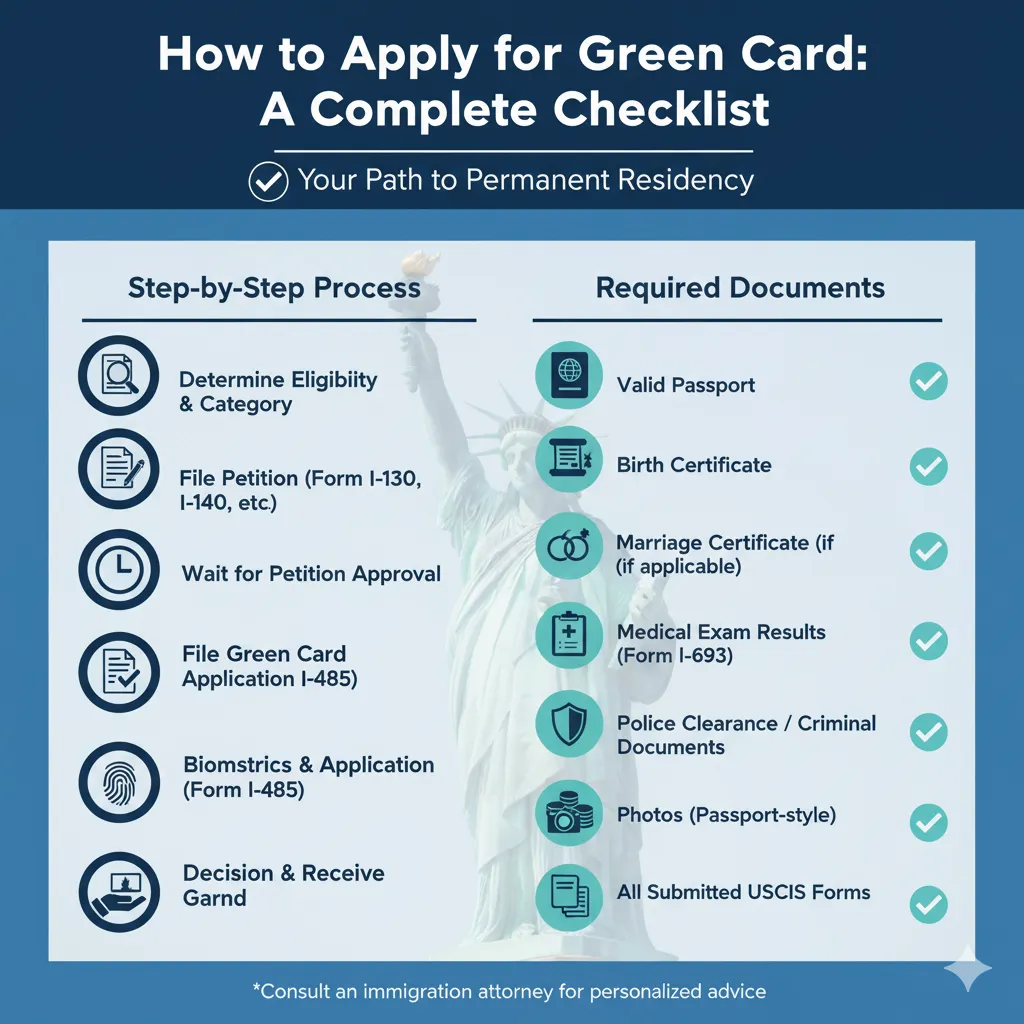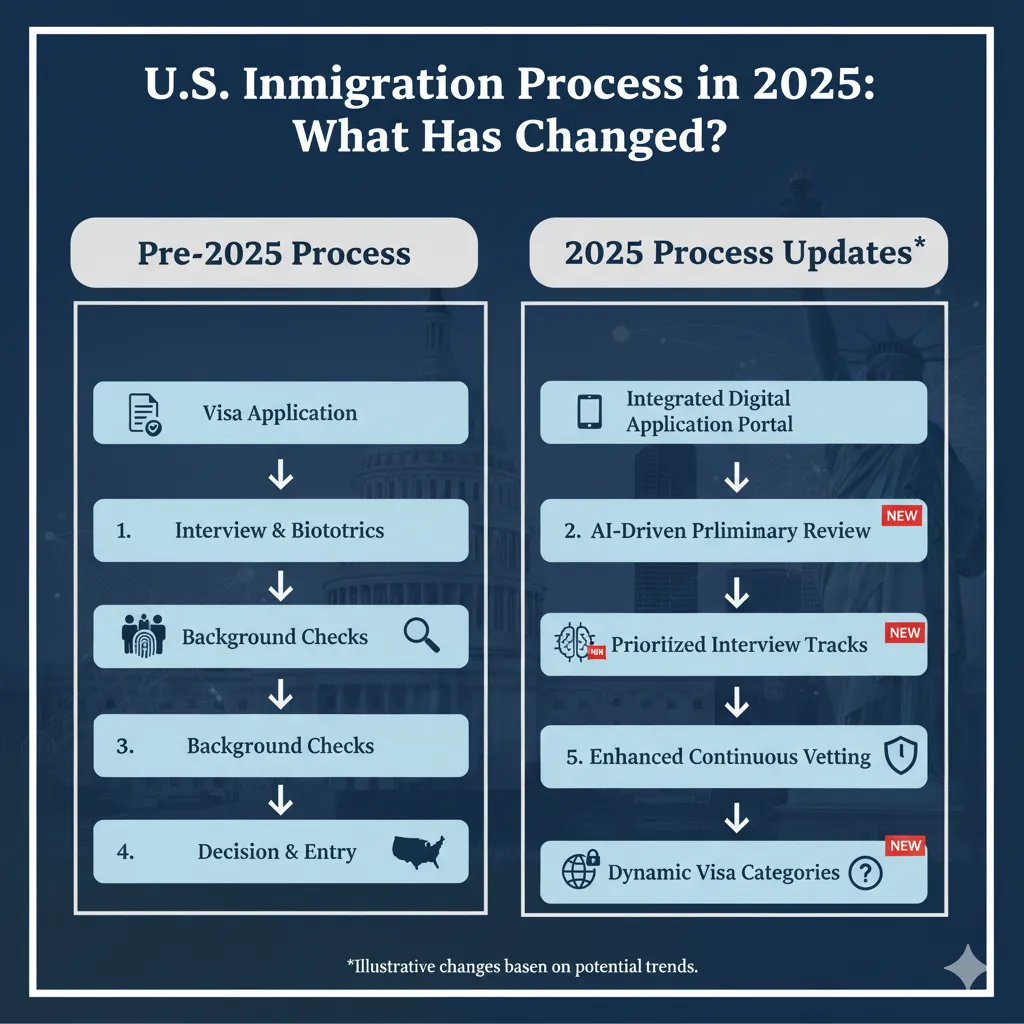Understanding U.S. Immigration Law: How to Find the Right Legal Help
U.S. immigration law governs the rights, responsibilities, and processes for individuals seeking to live, work, or study in the United States. Whether you’re applying for a visa, adjusting your status, or facing deportation, navigating the complexities of immigration lawcan be overwhelming. This guide explains key aspects of immigration law, why hiring an experienced immigration lawyer is critical, and how to find state-specific resources to protect your rights.
What Does Immigration Law Cover?
Immigration lawencompasses a wide range of legal issues, including:
- Visa applications (work, student, family-sponsored).
- Green card petitions and permanent residency.
- Asylum, refugee status, and deportation defense.
- Citizenship and naturalization.
- Immigration court proceedings.
These laws are enforced by federal agencies like U.S. Citizenship and Immigration Services (USCIS), Immigration and Customs Enforcement (ICE), and the Department of Homeland Security (DHS). Understanding your rights under immigration lawis essential to avoid costly mistakes.
Why Hiring an Immigration Lawyer Matters
1. Expertise in Complex Regulations
Immigration lawis notoriously intricate, with frequent policy changes. A qualified immigration lawyer stays updated on federal guidelines, ensuring your case complies with current rules.
2. Avoiding Costly Errors
Even minor mistakes on paperwork can lead to delays, fines, or deportation. An immigration lawyer reviews your application, identifies risks, and ensures accuracy.
3. Representation in Court
If you’re facing removal proceedings, an immigration lawyer can present a strong defense, request relief (e.g., asylum), and advocate for your rights in immigration court.
4. Navigating State-Specific Challenges
Some immigration issues intersect with state laws. For example, in California, sanctuary policies may affect deportation risks, while Texashas unique requirements for employment verification. A local immigration lawyer understands these nuances.
How to Choose the Right Immigration Lawyer
1. Prioritize Experience in Immigration Law
Look for attorneys certified by the American Immigration Lawyers Association (AILA) or with a proven track record in immigration cases. Avoid general practice lawyers who lack specialization.
2. Check Reviews and Local Reputation
Use platforms like Google, Avvo, and Yelp to find top-rated immigration lawyers. For instance, in New York, firms like The Law Offices of Grinberg & Segal PLLC are known for handling complex deportation cases.
3. Evaluate Communication Skills
You need a lawyer who listens and explains legal jargon clearly. Schedule a consultation to assess their responsiveness and willingness to address your concerns.
4. Understand Fee Structures
Most immigration lawyers charge flat fees or hourly rates. Confirm costs upfront to avoid surprises. Some offer free initial consultations or pro bono services for low-income clients.
5. Verify State-Specific Expertise
Choose a lawyer licensed in your state with knowledge of local immigration courts. In Florida, for example, firms like Florida Immigration Law Advocates specialize in Cuban Adjustment Act cases.
Common Mistakes to Avoid Under Immigration Law
Even minor errors can derail your immigration goals. A skilled immigration lawyer can help you avoid:
- Missing filing deadlines: Late submissions often result in automatic denials.
- Providing incomplete information: Gaps in documentation raise red flags.
- Ignoring legal advice: DIY approaches frequently lead to complications.
- Failing to disclose criminal history: Certain offenses impact eligibility for visas or citizenship.
State-Specific Resources for Immigration Law
Immigration lawintersects with state policies, making local expertise invaluable. Below are reputable immigration lawyers and resources in key states:
New York
- The Law Offices of Grinberg & Segal PLLC: Specializes in deportation defense and asylum cases in NYC.
- New York State Bar Association – Immigration Section– nysba.org
California
- Law Offices of Peter Van Aulen: Focuses on family-based visas and green card petitions in Los Angeles and San Francisco.
- California Department of Justice – Immigration Resources– oag.ca.gov
Texas
- The Law Office of José M. Bazán: Handles deportation defense, DACA renewals, and asylum cases in Houston.
- Texas Bar Association – Immigration Law Division– texasbar.com
Florida
- Florida Immigration Law Advocates: Experts in Cuban Adjustment Act cases and EB-5 investor visas.
- Florida Justice Association – Immigration Practice Group– floridajustice.org
Illinois
- The Law Firm of Shulman & Associates: Specializes in employment-based visas and deportation defense in Chicago.
- Illinois Coalition for Immigrant and Refugee Rights (ICIRR)– icirr.org
What to Expect During the Legal Process
Working with an immigration lawyer typically involves:
- Initial Consultation: Discuss your case details and goals.
- Document Review: Your lawyer gathers evidence (e.g., birth certificates, employment records).
- Application Submission: They file petitions with USCIS or immigration courts.
- Court Representation: If needed, your lawyer defends your case in hearings.
- Appeals (if necessary): They file appeals if your case is denied.
The process duration varies, but your lawyer should keep you informed at every stage.
Conclusion
U.S. immigration lawis a dynamic and often challenging field, but you don’t have to navigate it alone. Whether you’re applying for a visa, fighting deportation, or seeking citizenship, hiring a skilled immigration lawyer ensures your rights are protected. By leveraging state-specific expertise and avoiding common pitfalls, you can increase your chances of a successful outcome.
If you’re facing immigration challenges, act promptly—many cases involve strict deadlines. Contact a qualified immigration lawyer today to explore your options and secure the legal support you deserve.
Sources
- American Immigration Lawyers Association (AILA) – www.aila.org
- U.S. Citizenship and Immigration Services (USCIS) – www.uscis.gov
- American Bar Association (ABA) – www.americanbar.org
- Legal Information Institute (LII) – www.law.cornell.edu
- State-specific law firm websites and government resources listed above.



